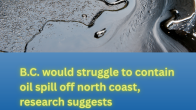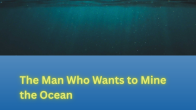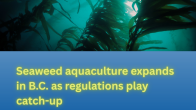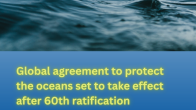Why we need ocean planning
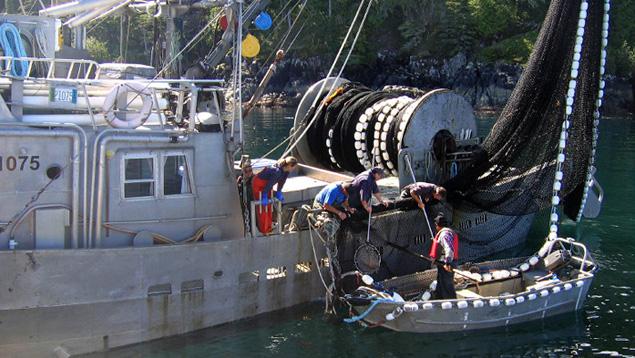
A good marine plan makes for healthy oceans and healthy communities. Like planning in cities or other areas on land, the goal of ocean planning is simple: to ensure the most sustainable use of our marine space for which we have an ever-growing number of demands.
A staggering diversity of marine plants and animals call the waters of B.C.’s North and Central Coasts home. These waters are also important to First Nations for their social and ceremonial practices, and have provided food and income in coastal communities for generations. Increasingly, they are also used for sports fishing, kayaking, diving, sailing, whale watching, cruise-ship tourism, aquaculture, scientific research, mineral exploration, power generation, log transport, and coastal and over-seas shipping.
With so many activities there is increasing conflict between the need for conservation and economic development. Demands for renewable energy are increasing, and new wind energy proposals are slated for the same areas as traditional fishing grounds. Pollution from oil tankers, cruise ships, freighters, and barges has called into question shipping practices and our ability to respond to oil spills. Many have raised concerns over the effects of open-net cage salmon farms on wild salmon runs, and the destruction of glass sponge reefs and coral forests by bottom trawling.
Living Oceans Society has participated in and continues to support a provincial/First Nations marine planning initiative in B.C.’s Central and North Coast waters. For a plan to be successful, the people who work and live on the coast must have a say in it. They are the ones who will make it work and will live with the decisions that are made during the planning process. Coastal pilots, wilderness guides, wind farmers and fishermen all have an interest in managing the waters that affect their livelihoods.
Governments, First Nations and communities can choose from a tool box of methods to sustainably manage the ocean. Amongst these are Marine Protected Areas, places set aside to preserve important ocean habitat, and ecosystem-based management, a way of managing human activities that takes into account our cumulative impacts on the ocean. This can be accomplished through marine spatial planning, which is often likened to zoning in urban areas. Spatial planning identifies areas in which different activities can be prioritized, like sustainable fisheries or alternative energy development.
Living Oceans Society also contributed to the British Columbia Marine Conservation Analysis (BCMCA), a collaborative mapping project that compiled and analyzed the best ecological and human use data available for the coast. We spearheaded the BCMCA by bringing together government representatives, scientists, marine resource user groups, other conservation groups and First Nations to assemble data products designed to help with marine planning.

